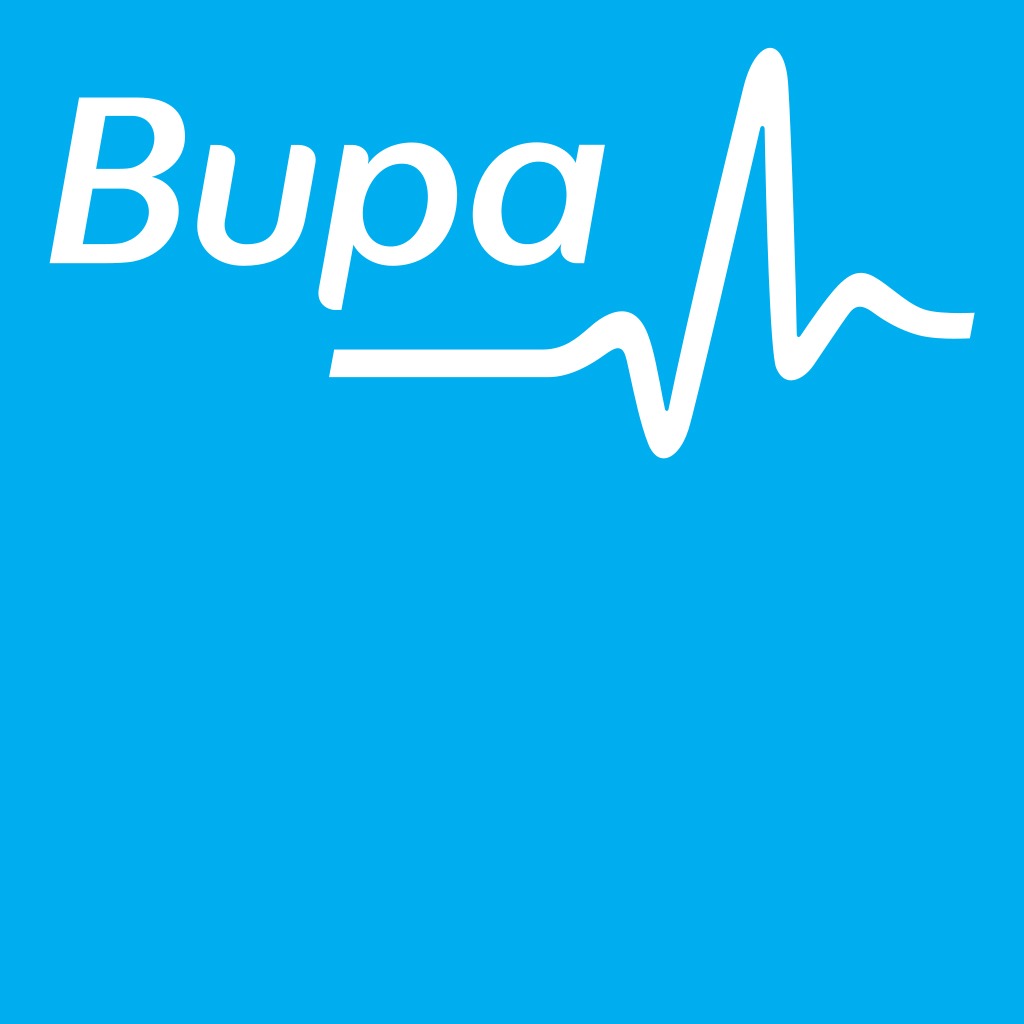Posture
Posture?
Having good posture is an ideal that is instilled in us from early on – has anyone not been told to sit or stand up straight at some point in their life?
Beliefs About Posture
It is typically believed, by healthcare professionals and the community, that avoiding spinal flexion is the safest way to sit and bend. Patients and pain-free members of the community are commonly advised to sit upright and undertake bending and lifting tasks in a ‘natural’ lordotic posture. Manual handling guidelines in the United States and the United Kingdom advocate a straight back or slightly bent back during lifting tasks. A slightly lordotic posture is commonly identified as the ideal standing posture. The assumption is that maintaining these postures might protect spinal structures, where posture beliefs reflect the ‘fact’ that sitting, standing and bending are often provocative of pain, especially low back pain (LBP). Awkward postures, or sustained postures and heavy lifting are believed to precipitate episodes of acute LBP and there are some links between lifting and injury reports.
Given that LBP commonly afflicts working adults, resulting in lost productivity with far-reaching economic consequences, occupational risk factors continue to be of interest. If occupational factors causing LBP were identified, primary prevention could attempt to limit or modify exposure.
Occupational risk factors commonly thought to be associated with LBP include heavy physical work, a static work posture, repetitive bending, twisting, lifting and whole-body vibration. Other occupational risk factors include psychological issues such as satisfaction with relationships between colleagues or supervisors, job monotony/repetitiveness, work satisfaction, psychological demands, social support at work, and work demands.
In this section
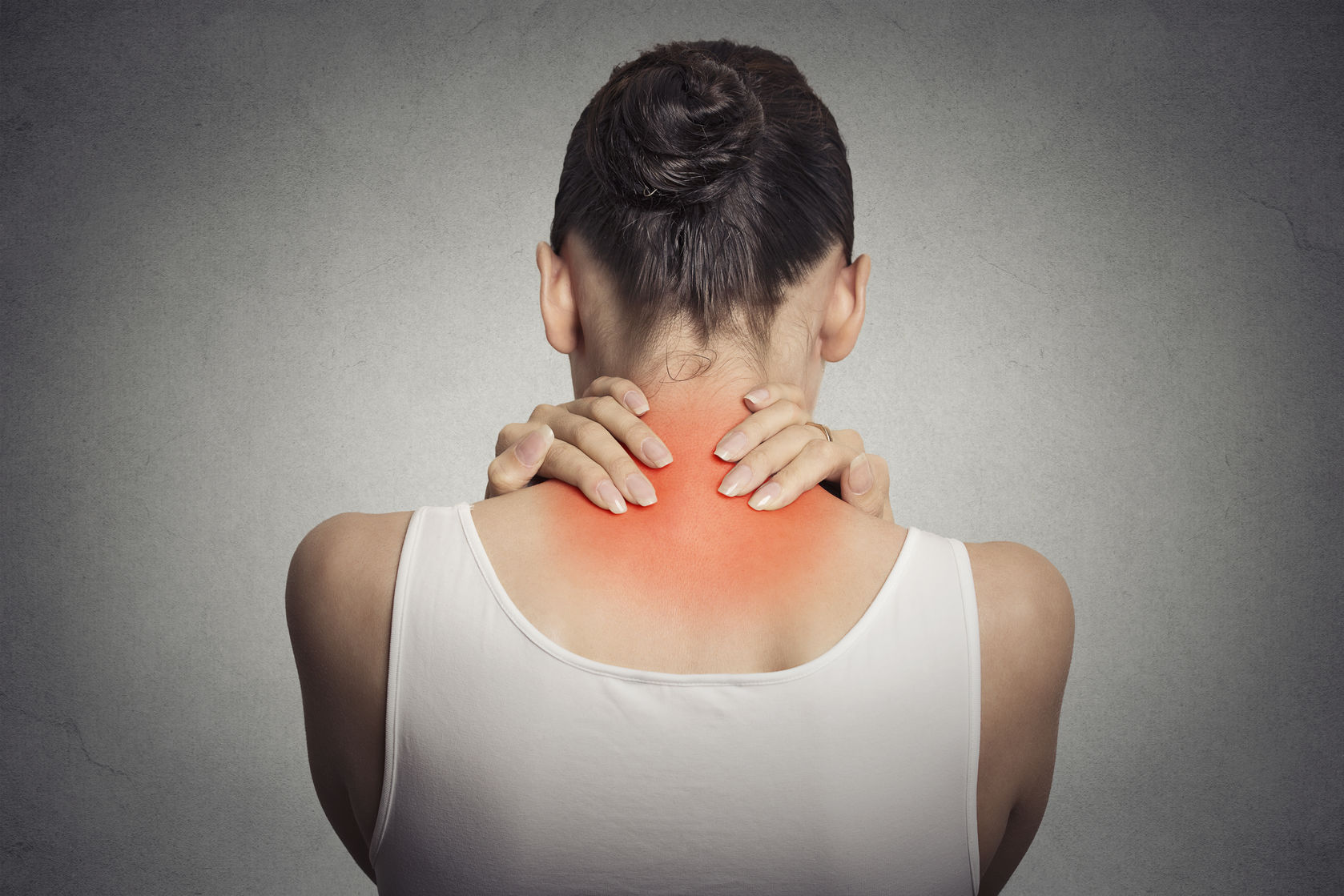
Text Neck & Exercises

Optimal Desk Posture

How to maintain a Good Posture While Seated
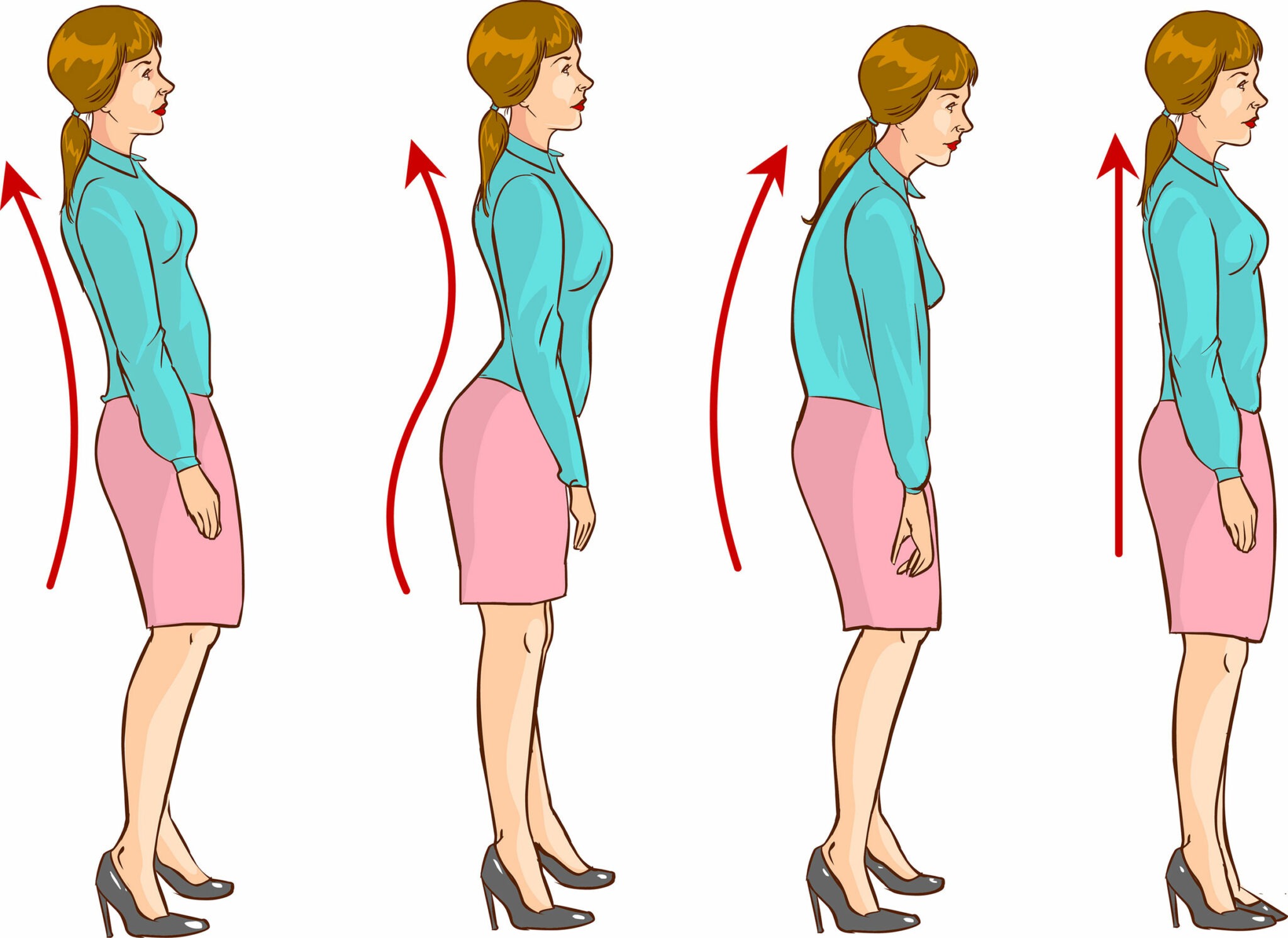
How to maintain a Good Posture While Standing

Which Posture are you?
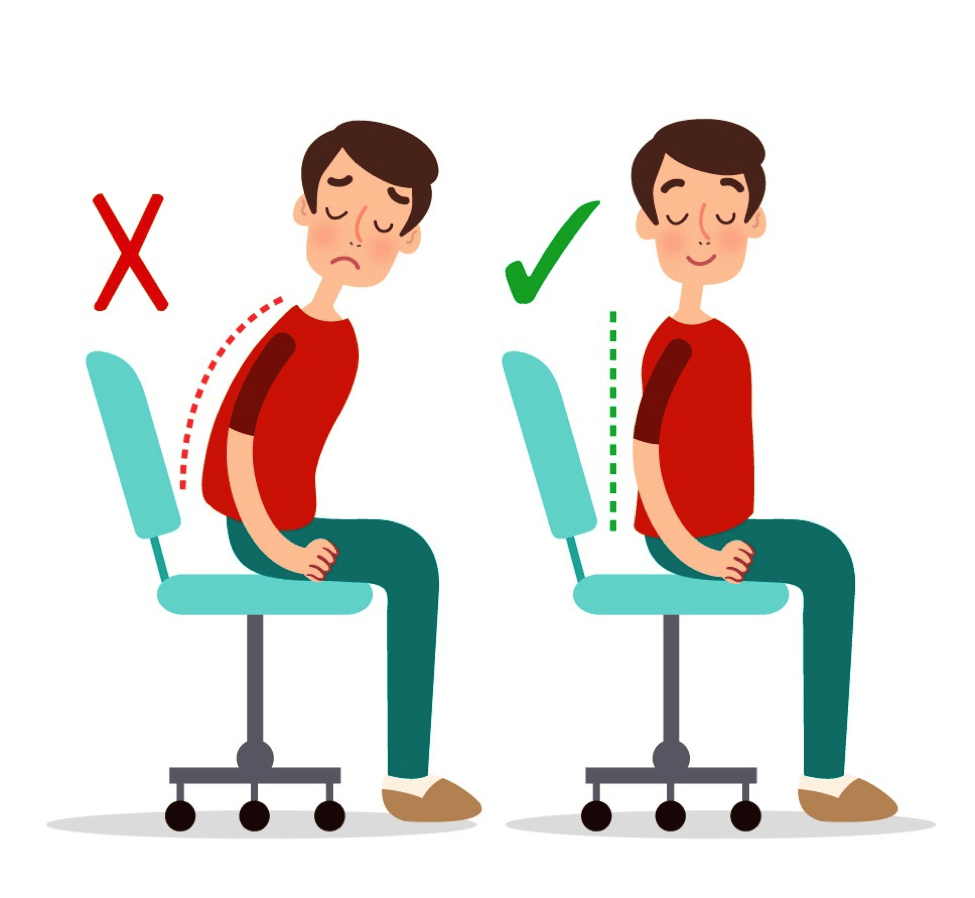
Why Posture Matters
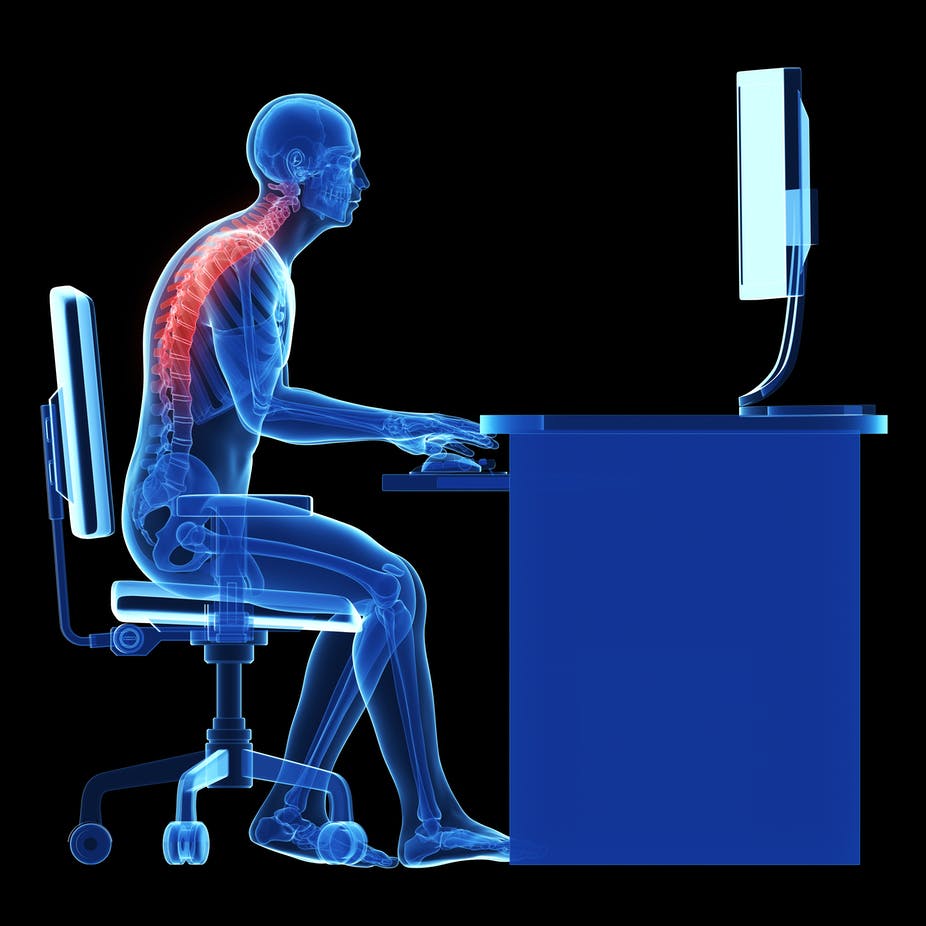
Just a few factors which can affect posture
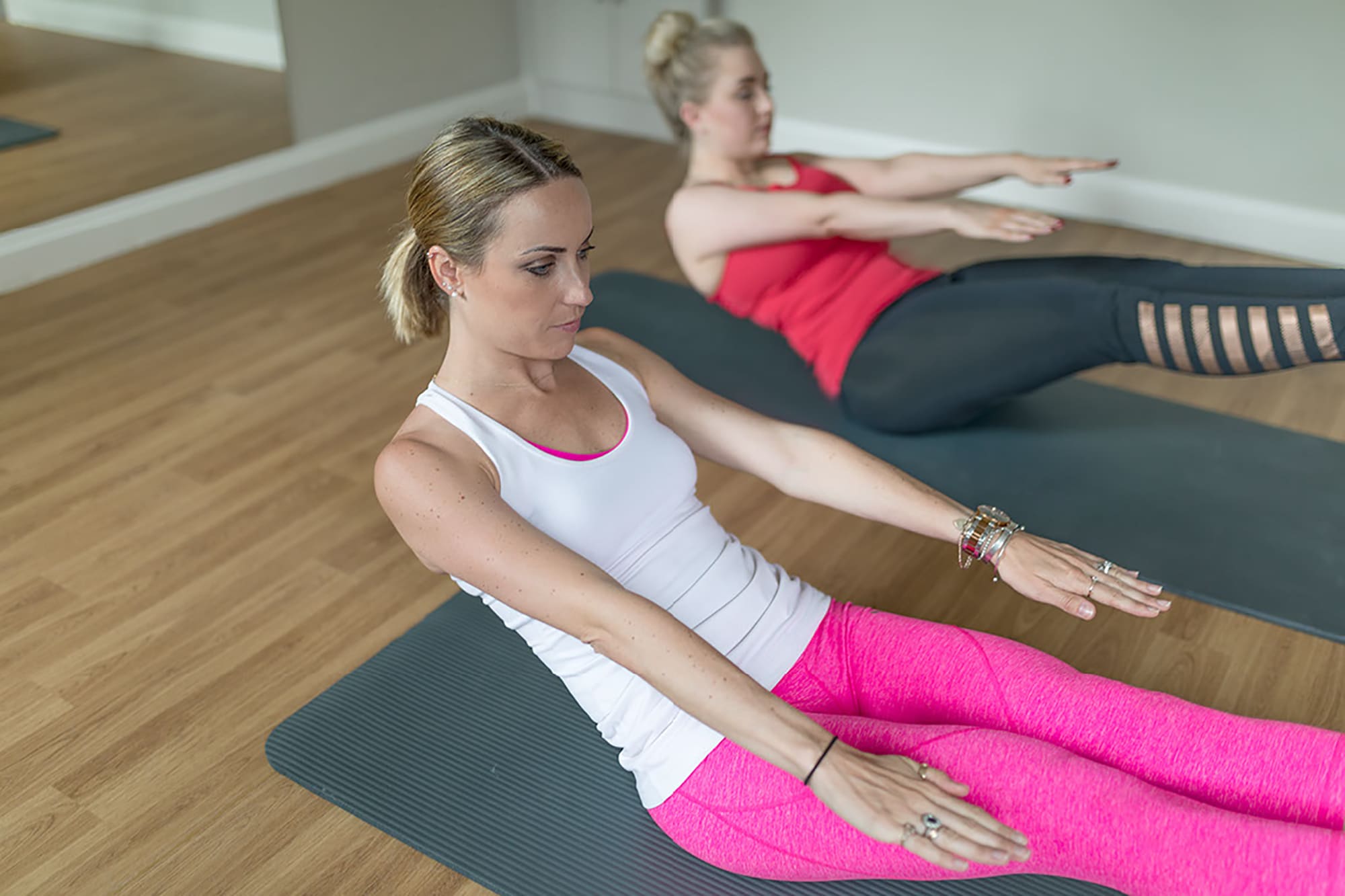
Sway Back Posture – Strengthening

Sway Back Posture – Mobility
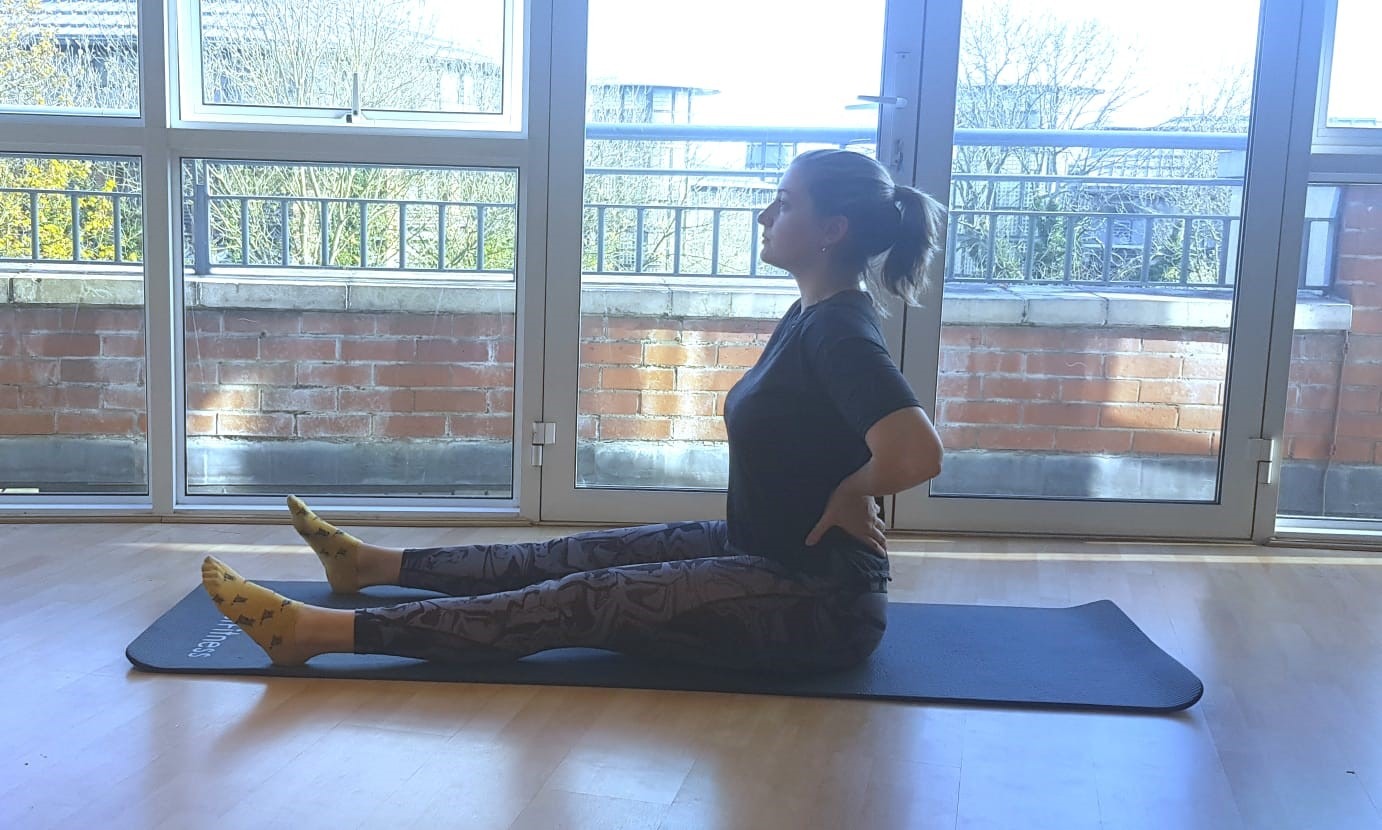
Rounded Shoulders & Upper Back Strengthening
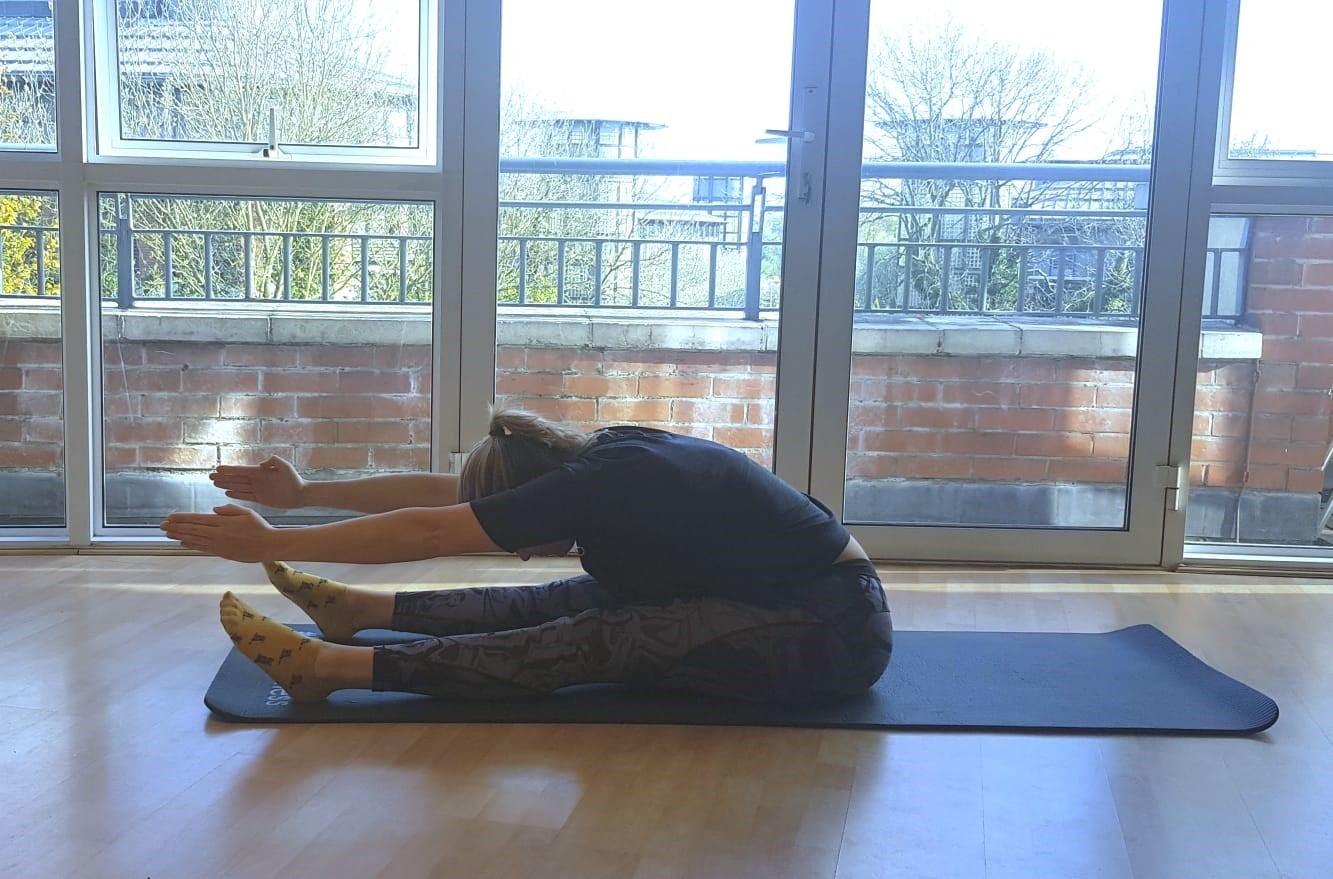
Rounded Shoulders & Upper Back Mobility
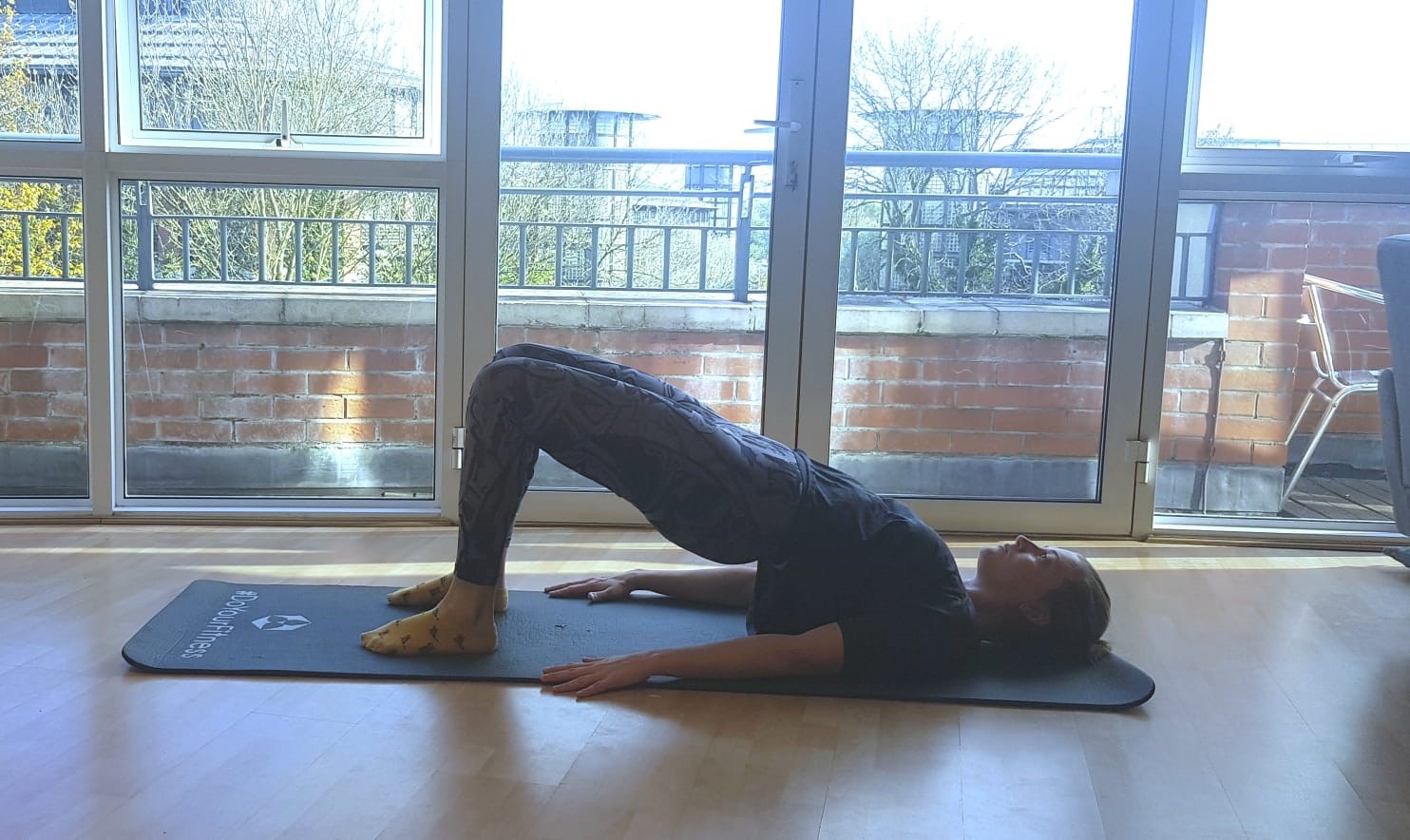
Kyphotic-Lordotic Posture – Strengthening
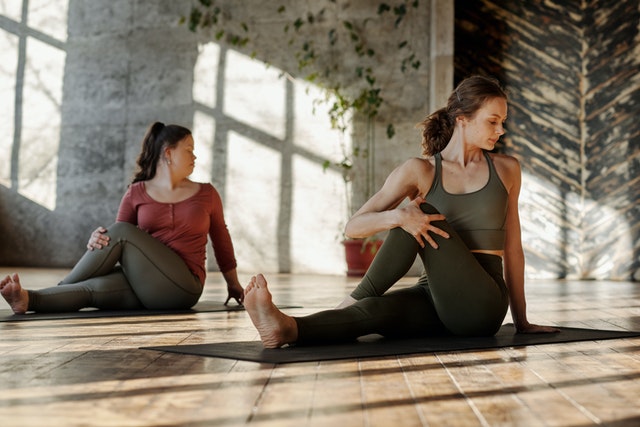
Kyphotic-Lordotic Posture – Mobility

Flat Back Posture – Strengthening
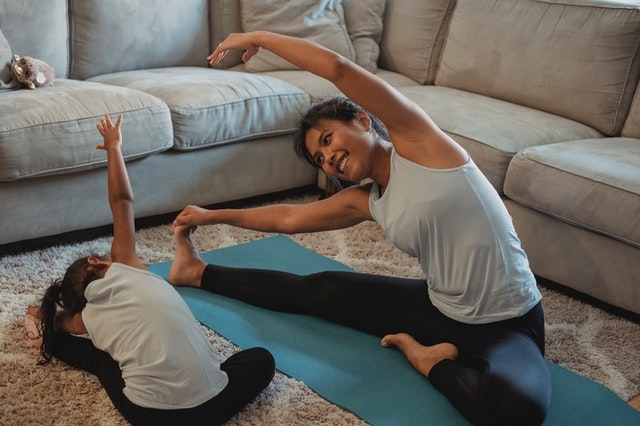
Flat Back Posture – Mobility

Stretching Exercises to do at your desk
About Chapman Physiotherapy
At Chapman Physiotherapy Ltd we pride ourselves on offering a first class physiotherapy service in South Yorkshire. Based in Doncaster, our easily accessible location provides full disabled facilities and appointments are available from early morning to late evening.

